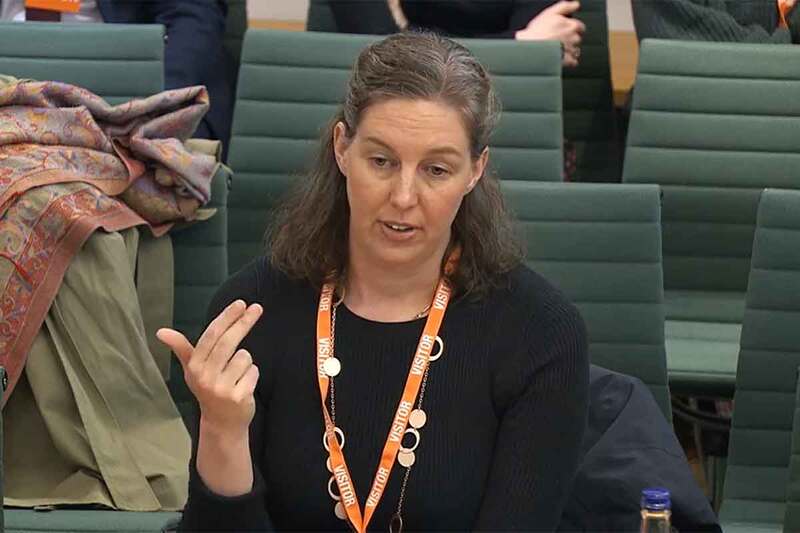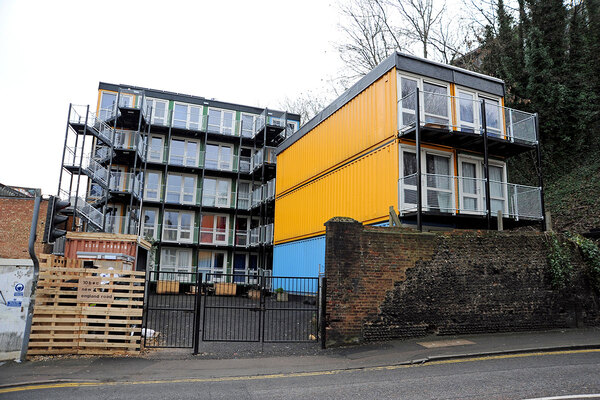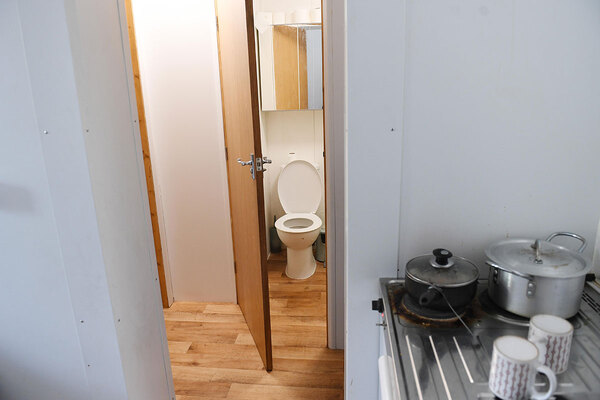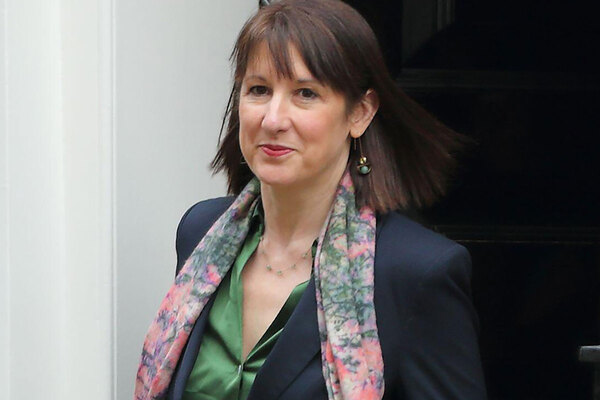You are viewing 1 of your 1 free articles
Landlords switching homes to temporary accommodation for higher rents, MPs told
Landlords are switching their homes to temporary accommodation because they can earn higher rents, MPs have been told.

The cross-party Housing, Communities and Local Government committee held its first evidence session into the issue of children living in temporary accommodation in parliament on Tuesday 5 November.
Laura Neilson, chief executive of Shared Health Foundation, told MPs that families were being evicted from their homes because landlords wanted to change the tenure of their property to get higher payments from the council.
Ms Neilson said: “Local landlords are switching accommodation from social [or] private rent into temporary accommodation, because they can get higher payments from the council.
“So they’ll evict a family from their property, change it into temporary accommodation and move another family into that property for higher rent. And we’re seeing that reasonably often.”
More than 150,000 children are currently living in temporary accommodation in England. Charities and policy experts told the MPs that the shortage of social and supported housing meant children were spending longer in temporary accommodation.
Francesca Albanese, executive director of policy and social change at Crisis, said that in London, over 60% of households with children have been in temporary accommodation for two years or more.
“Fundamentally, councils have no other option than to place people in temporary accommodation,” she said. Local Housing Allowance is not meeting the cost of private rents, while a temporary uplift in rates is due to end in April 2025.
Emma Haddad, chief executive of St Mungo’s, said: “The biggest challenge at the moment is finding places to help people to move on. And that is predominantly because of the drastic shortage of social housing and supported housing. And the private rented sector is absolutely unaffordable.”
Ms Neilson also expanded on the reasons children end up living in temporary accommodation. “A lot of children end up in temporary accommodation because of family breakdown, out-of-the-blue rent evictions, parents losing jobs, the gig economy suddenly shifting locally, or zero-hour contracts. Sometimes it’s because of other circumstances such as illness,” she said.
“Most parents are trying their best… and most don’t have significant addiction issues or criminal justice issues when they enter temporary accommodation. What we do see is a massive deterioration in parental mental health in temporary accommodation… and that impacts the children as well.”
The government has promised to set up a cross-ministerial taskforce on ending homelessness, led by deputy prime minister and housing secretary Angela Rayner. Ms Haddad said that Ms Rayner is meant to chair the first meeting of the taskforce this week.
Meanwhile, charities have been invited to join an expert group that will report to Ms Rayner’s taskforce. The expert group is due to meet for the first time next week.
Rebecca Walker, director of CARIS Families, said that any family earning less than the cost of a private rental home in London could end up living in temporary accommodation.
“You can’t even really call it low-income families, it’s just the vast majority of families, particularly hit if there is relationship breakdown and a single salary coming in,” she said.
“For us, a cross-governmental taskforce really should be looking at raising the Local Housing Allowance rates so they are in line with medium rents.”
Ms Neilson also warned of the dangers and damage inflicted on children living in temporary accommodation. “Think about living in a Premier Inn room and you’ve got a couple of children,” she said. “There’s no access to cooking facilities, there’s no access to laundry facilities, and there’s nowhere to play.
“We see children who are living in very small spaces struggling with milestones, basic things like learning to crawl, learning to walk, because there is no physical space for them.
“A lot of overnight accommodation says you have to leave in the morning, and then what do you do with your children?… Effectively you are just left to roam around.”
She continued: “I work one day a week in A&E, and in the last year I’ve seen a child with a femur fracture, a child with a skull fracture, a child with significant burns and lots of children with respiratory conditions, all of it caused by their social conditions”.
Ms Neilson said that councils should be made to separate families from single people living in temporary accommodation.
“Particularly at the moment when we are doing early release from prisons, I’m concerned that we are releasing a lot of people from prison with no pathway for accommodation, and they’re ending up in the same accommodation as our families,” she said.
“Most of our families are relatively young women with children, [who] often come from domestic violence backgrounds, [and are] often very vulnerable.”
She said she had heard “stories across the whole country… about women ending up in temporary accommodation where there was drug-dealing, criminality, [and where they were] propositioned and asked to enter into sex contracts.”
“This is not a safe place to bring up children,” she added. “It’s solvable and it’s not a cost issue, it is a logistical issue about how things are allocated.”
Ms Walker agreed: “I work in two London boroughs, one which mixes singles and families and one which doesn’t,” she said. “The atmosphere in the family-only hostels is night and day. They feel much safer.”
Ms Neilson said the government should establish a minimum standard for temporary accommodation. “It’s not very clear at the moment,” she said. “Is a caravan reasonable to bring up your children in the middle of January? Is a converted office block reasonable? Is moving from one B&B to another every four or five weeks reasonable?”
Earlier this week, the chief executive of Homes England said that investors would be “perfectly happy” to support temporary accommodation if local authorities led the process.
Sign up for our homelessness bulletin
Already have an account? Click here to manage your newsletters











